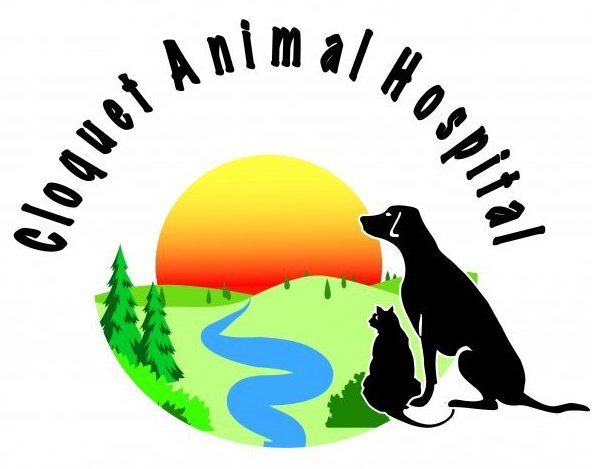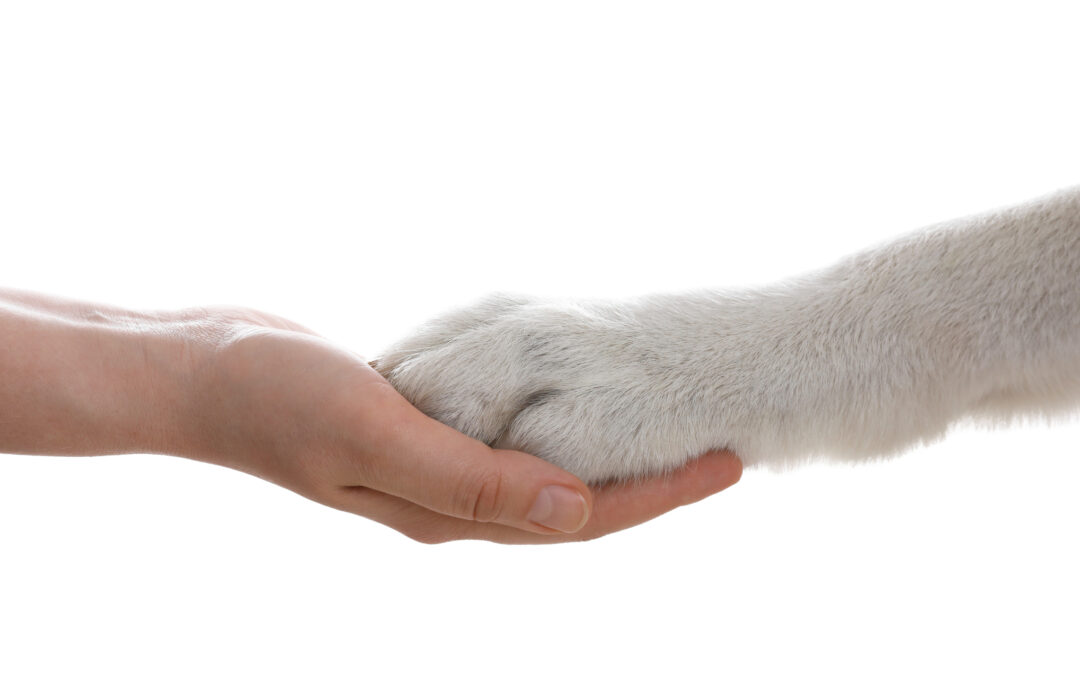Doing What They Love
We’ve all heard it – we should do what we love as a career. Some of us do and others choose their job for a variety of reasons. Some careers are more than jobs; they’re callings. That’s the way we feel about our veterinary technicians and the way they feel about their work. Caring for your pets (and sometimes you) is more than their job or career. It’s their passion, their purpose, their calling, and their opportunity to do good in the world.
What Veterinary Technicians Do
Our veterinary technicians love animals, plain and simple. They get to translate that love into a career that’s fulfilling, enjoyable, meaningful, and sometimes stressful. They’re an integral part of making our practice run smoothly by:
- Performing lab work
- Taking patient histories and helping with case documentation
- Collecting specimens (urine, fecal, and more)
- Providing hands-on, excellent nursing care
- Preparing pets for procedures or surgeries
- Preparing instruments and equipment needed for surgery
- Taking x-rays
- Assisting in medical and surgical procedures
- Helping you, your pet’s parent, understand your pet’s needs
In addition to everything detailed above, our veterinary technicians provide support to you, our patient’s parent(s), when you need it most. They’re caring, compassionate, and committed to creating an environment that nurtures your pet and allows you to feel confident in the care they receive.
How To Become A Veterinary Technician
First and foremost, veterinary technicians are born animal lovers. They may have a favorite species or breed of animal companion, but they cherish and care about all members of the animal kingdom. That’s the part of being a veterinary technician you can’t disguise. You’re either born with the innate passion to care for our animal friends or you’re not. That passion then leads veterinary technicians to their path, the one in which they provide care for the animals they love.
There are defined educational requirements for becoming a veterinary technician. Veterinary technicians usually:
- Have either two or four years of education past high school
- Obtain an associate or bachelor’s degree in their field
- Continue their education beyond their degree
- May obtain special certifications in areas like veterinary dentistry, anesthesia, or emergency care
- Must pass a licensing examination
Veterinary technicians always work under the supervision of a licensed veterinarian. A veterinarian considers the veterinary technicians who work with them their right hand. Any veterinary practice, ours included, couldn’t function without the professional expertise, hard work, selflessness, and nurturance of the veterinary technicians who make our world a better place.
Cloquet Animal Hospital
Cloquet Animal Hospital celebrates our veterinary technicians every day, but especially during the week of October 15-21, 2023, National Veterinary Technician Week. Veterinary technicians have been an official career since the 1950s, but people caring for animals just because they love them have a much longer history. The first written evidence of veterinary care was from 1900 B.C. from the Papyrus of Kahun. The practice of providing exemplary care for our animal friends is a long one Our veterinary technicians embody all qualities most hoped for in those who care for our pet friends. We celebrate them this week and always!
Image credit: iStock / Getty Images Plus

